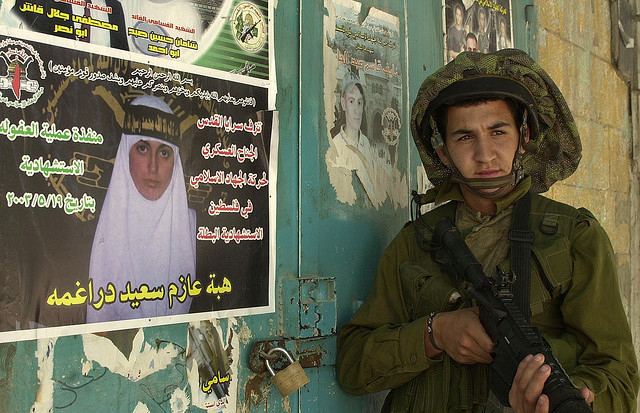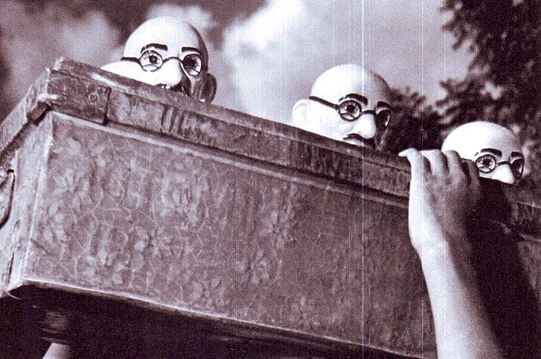It is Muharram again, the beginning of the Islamic lunar year, literally meaning ‘sanctified,’ as it is one of four months in the Muslim calendar when fighting is forbidden. Its first ten days also mark the garrison and slaughter – 1,373 years ago this month – of the Prophet’s grandson, Imam Hussain, and other members of his family by the armies of the despotic Umayyad ruler, Yazid. (More…)
Author: Nauman NaqviNauman Naqvi has a PhD in anthropology from Columbia University, and is an Assistant Professor in the founding faculty of the Habib University project in Karachi. He has been a Mellon Postdoctoral Fellow at Brown University’s Department of Comparative Literature, and at Connecticut College’s Center for International Studies and Liberal Arts.
Nauman Naqvi has a PhD in anthropology from Columbia University, and is an Assistant Professor in the founding faculty of the Habib University project in Karachi. He has been a Mellon Postdoctoral Fellow at Brown University’s Department of Comparative Literature, and at Connecticut College’s Center for International Studies and Liberal Arts.
In the pogrom-like atmosphere gathering apace in Pakistan, the religious majority – Sunni Muslims – do not perceive that what is at stake is not an ‘altruistic’ concern for weak, insignificant minorities. The market, and its partner nationalism, make us think that ‘conscience’ is reserved for exceptional moments of humanitarianism, rather than being part of everyday life. (More…)
Intizar Husain is repetitive. A small set of themes and phrases are the motus animi continuus of his oeuvre. Repeated locutions are marked by their colloquiality: khave se khava chilta tha (“shoulder rubbed against shoulder,”) which he uses to signify bygone spaces, ye ja vo ja (“now here and gone,”) marking sudden departures of idiosyncratic individuals in the past. (More…)


